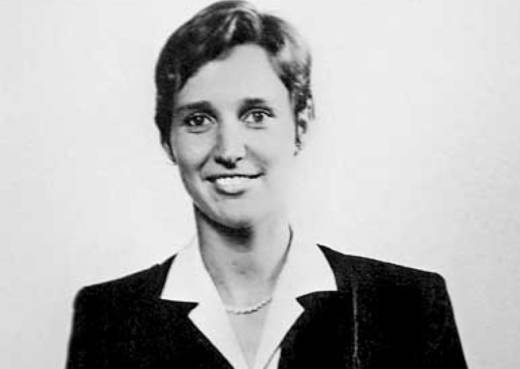A state Court of Appeal panel has denied a San Francisco man’s bid to overturn his conviction for a 1985 rape and murder — a case police and prosecutors brought 17 years after the crime based on a “cold hit” in a DNA database.
In an unpublished opinion made public Thursday, a three-judge panel of the state Court of Appeal’s 1st District rejected arguments by lawyers for John Davis — convicted in January 2016 of robbing, raping and fatally stabbing 28-year-old photographer Barbara Martz in her Potrero Hill home — that the San Francisco Superior Court judge in his 2016 trial erred in allowing the jury to hear details of an unrelated robbery.
In that episode, which occurred more than two years after Martz’s killing, Davis brandished a hatchet as he confronted a Potrero Hill couple in their home. At one point, Davis swung the hatchet to smash a teapot one of his victims was holding. He ultimately robbed the couple of $200 to $300 and fled without physically harming them.
One of the victims — the man holding the teapot — testified that he had not really been scared during the confrontation.
“The man was not that menacing,” he said. “He seemed high . . . I suppose I should have been scared with the hatchet. I didn’t believe he was capable of actually hitting me with that.”

